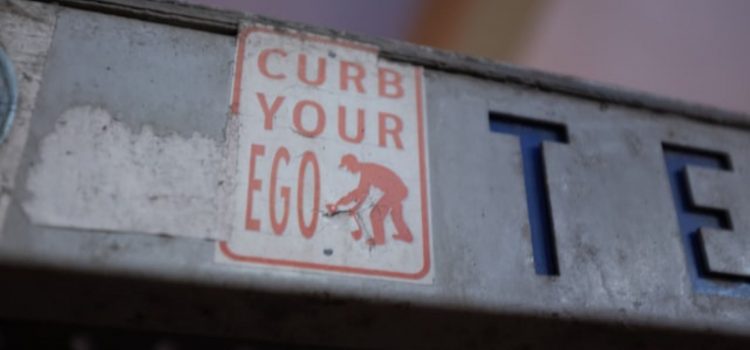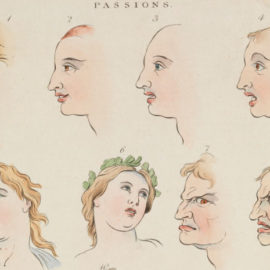

This article is an excerpt from the Shortform book guide to "Poor Charlie's Almanack" by Charles T. Munger. Shortform has the world's best summaries and analyses of books you should be reading.
Like this article? Sign up for a free trial here .
What is the Dunning-Kruger effect? How dangerous is the Dunning-Kruger bias?
The Dunning-Kruger effect is the tendency of poor performers with excessive self-regard to greatly overestimate their abilities and project themselves as more capable than they really are. This cognitive bias leads people to overstep their circle of competence and get bogged down by ventures or responsibilities they are not ready for.
Read on to learn more about the Dunning-Kruger effect.
What It Is
Twaddle means “foolish speech or writing.” Some people tend to pour out twaddle while others are doing serious work.
Why It Evolved
Ideally, people know their area of competence and don’t stray outside it. But people with excessive self-regard may project themselves as more confident or knowledgeable than they are. When these people are in authority positions, they may get more credence than they deserve.
How It Can Be Harmful
When other people twaddle, believing twaddle from other people can lead to bad decisions.
When you are influenced by the Dunning-Kruger effect, you overstep your circle of competence. You may delude yourself into taking on something you’re not ready for.
Examples of the Dunning-Kruger Effect
Earlier we gave an example of bee dances: When a bee finds nectar, it returns to the hive and does a dance to tell the hive where to find it—how far to go in what direction. A scientist decided to test the limits of this system and put nectar straight above the hive. In normal situations, nectar is never above the hive (flowers don’t grow in the sky), so the bee doesn’t have natural programming to signal this.
So what does the bee do? Ideally, it’d just sit there and do nothing. But instead, the bee dances a crazy, incoherent dance. The other bees see this dance and misinterpret where the nectar is, and so this single confused bee throws off the entire hive.
Many people are like the confused bee—they answer questions outside their circle of competence. Even when they know they’re confused, they try to bluster and pretend they know what they’re talking about.
Antidotes
Know your circle of competence. If you’re outside of it, gather more information before making a decision.
Says Munger: “The principal job of an academic administration is to keep the people who don’t matter from interfering with the work of the people that do.” Don’t hire twaddlers who get in the way of real work.

———End of Preview———
Like what you just read? Read the rest of the world's best book summary and analysis of Charles T. Munger's "Poor Charlie's Almanack" at Shortform .
Here's what you'll find in our full Poor Charlie's Almanack summary :
- A collection of Charlie Munger’s best advice given over 30 years
- Why you need to know what you’re good at and what you’re bad at to make decisions
- Descriptions of the 25 psychological biases that distort how you see the world






